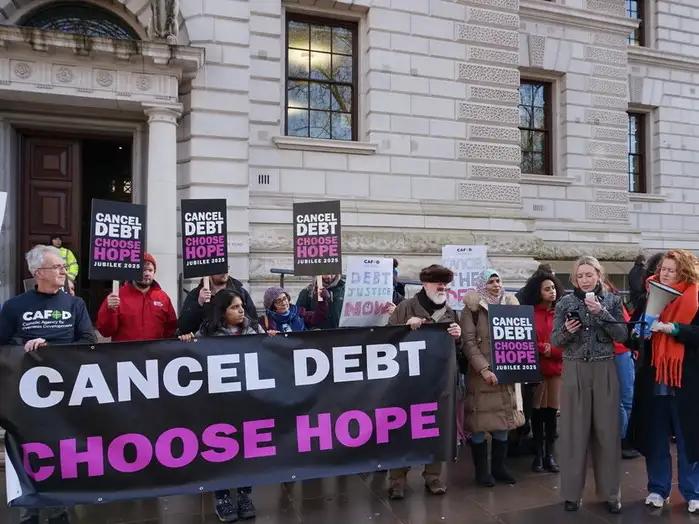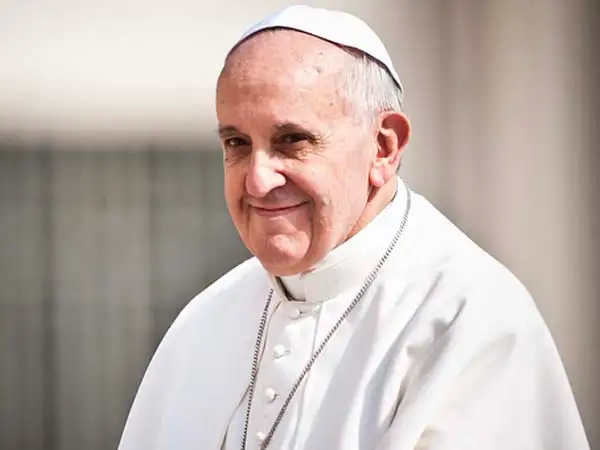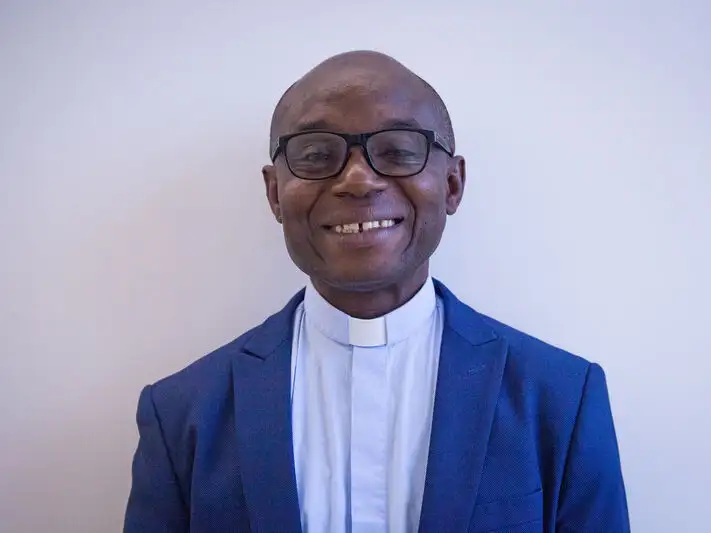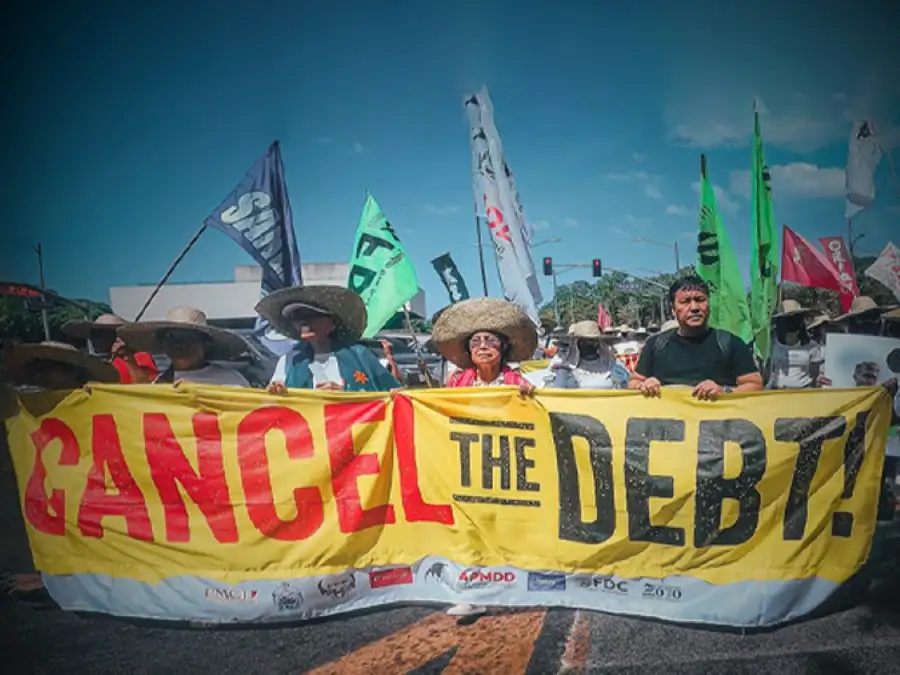Commissioned by Pope Francis, this report has a clear and urgent goal: to help build a global economy that serves people, especially the most vulnerable, and leaves no one behind.


The launch of the ‘Cancel Debt Choose Hope’ campaign for the Jubilee Year
Approaching the year 2000, Pope St John Paul II called for a cancellation of debts that were crippling whole countries whilst enriching lenders (Incarnationis Mysterium, 12, Tertio Millennio Adveniente, 12, 51). In his message for this year’s World Day of Peace, 25 years later, Pope Francis echoes the same call but also warns “lest this prove merely an isolated act of charity that simply reboots the vicious cycle of financing and indebtedness, a new financial framework must be devised.”
In calling for an economic reset, both popes echo passages of the Bible:
At the end of every seven years you shall grant a release. And this is the manner of the release: every creditor shall release what he has lent to his neighbour.
And you shall consecrate the fiftieth year, and proclaim liberty throughout the land to all its inhabitants. It shall be a jubilee for you, when each of you shall return to his property and each of you shall return to his clan.
These years of Jubilee and release are not isolated acts of charity. They form a complex tapestry with other Jewish commandments and festivals. Interest-bearing loans, hoarding of any kind, withholding wages overnight, are not allowed. The sale of land apportioned to each family is strictly limited so that people cannot accumulate too much. This is a vision of flourishing local economies built on close-knit relationships between neighbours.
In our times, resilient local economies are often undermined by global debts, as Sandun describes in this article, which can make the Biblical commandments seem like a dream-world. Yet the Old Testament is also full of stories. In these ancient narratives you can often find “the vicious cycles of financing and indebtedness” – the boom and bust- that Pope Francis laments of our contemporary economy.
For example, Genesis 41-47 tells the story of Joseph, the dream-interpreter who rises to power in Pharaoh’s courts. Joseph, being the only one who can interpret Pharaoh’s premonitions of the seven-year famine, oversees the emergency response. Yet the centralised plan of hoarding and selling grain as the surrounding peoples get poorer and hungrier, only undermines people’s resilience. Except for Joseph’s family and the elite classes, the Egyptians lose their land, their livestock and, ultimately, their freedom as collateral for their debts to Pharaoh and Joseph.
This story can help us make sense of the years of Jubilee and release in Leviticus and Deuteronomy. The tribes of Jacob and Joseph saw the consequences of Pharoah’s economics: the loss of land, animals (livelihood) and freedom. Therefore, freedom for the land, the animals and debtors every seven years serves to sabotage any Pharaoh-tendencies.
Could we revive this Biblical economic imagination for our own times? Can we reflect on the many stories of resilient communities forced into debt or expensive dependency? We might find in these stories less trodden paths that lead out of the traps of debt. We might better discover the doors that can be opened onto paths of freedom- doors of Jubilee, doors to hope.
Learn more about the debt crisis
Hear from Fr Charlie Chilufya, a priest based in Kenya and Director of JENA (Jesuit Justice and Ecology Network, Africa) who is an expert on the debt crisis and on the human suffering that this is causing in Kenya.
"Shouldn't all debts just be repaid?" Read the answer to this and other questions about the new global debt crisis.
This report outlines why, following the historic success of the Jubilee 2000 debt campaign, the world once again faces an acute global debt crisis in 2025.





